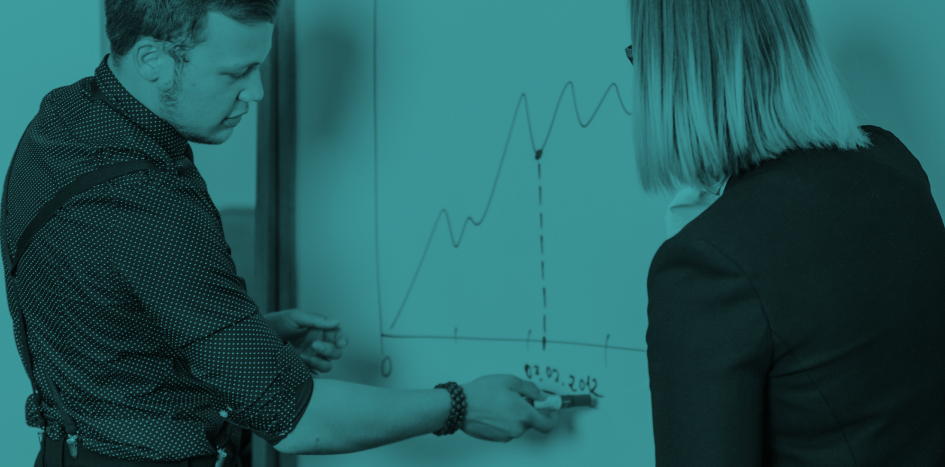
Training programs:
- Mathematical Methods in Economics, managed by: Andrey Yuryevich Trifonov, Mathematics and Computer Science Department Chair: +7 (3822) 606 335 x 5361, 2276, Building No. 10, office 430, atrifonov@tpu.ru;
- Mathematical Modeling and Computing, managed by: Mikhail Yevgenyevich Semenov, Associate Professor of the Experimental Physics, Building No. 10, office 427; +7 (3822) 606335, +7 (3822) 701777 x 2250; +7 903 952 24 93, sme@tpu.ru. Graduates are proficient in the systematic approach to the analysis and solution of interdisciplinary problems in various fields of science and technology, such as information technologies in medicine, social and industrial sciences and psychology, modeling of physical, social and economic processes.
They are in high demand in IT sector, government agencies, high-tech commercial and scientific enterprises, and often organize their own businesses and effectively work remotely.
The masters are trained in the facilities of TPU and its strategic partners.
You will learn to:
- use mathematical models and digital data analysis tools to solve problems, including those from interdisciplinary fields of knowledge;
- use design thinking to creatively find ideas and to prototype innovative products or solutions;
- combine and adapt existing information and communication technologies to solve professional issues, taking into account the requirements of information security.
Mathematical methods in economics
The field of professional activity of graduates is information and analytical activity, decision support, development and use of innovative products and services to improve the management performance and competitiveness in any sector of the economy.
Graduates are in high demand in financial and investment enterprises, in government agencies, in high-tech commercial and scientific companies.
Knowledge, skills and abilities
You will learn to:
- develop econometric models for complex systems;
- implement projects using modern development technologies, methods of intelligent data processing and analysis, mathematical statistics and machine learning.
What else you need to know
- Classrooms and research laboratories are equipped with modern equipment, specialized mathematical programs such as MATLAB, MathCAD, Maple, Mathematica, OriginLab, Statistica, SAS, and development software such as MS Visual Studio, RAD Studio, and R Studio;
- Teachers use proactive educational technologies, including online technologies and digital curators: Webex, Adobe Connect, Zoom, Moodle;
- Students can participate in academic mobility programs with universities and industrial partners in Russia, as well as in the Czech Republic, Germany, and Portugal;
- The program includes technological (design) internship, research work, operational and pre-graduate internships;
- The electronic portfolio of a graduate includes research work, qualification work, including in a startup format.